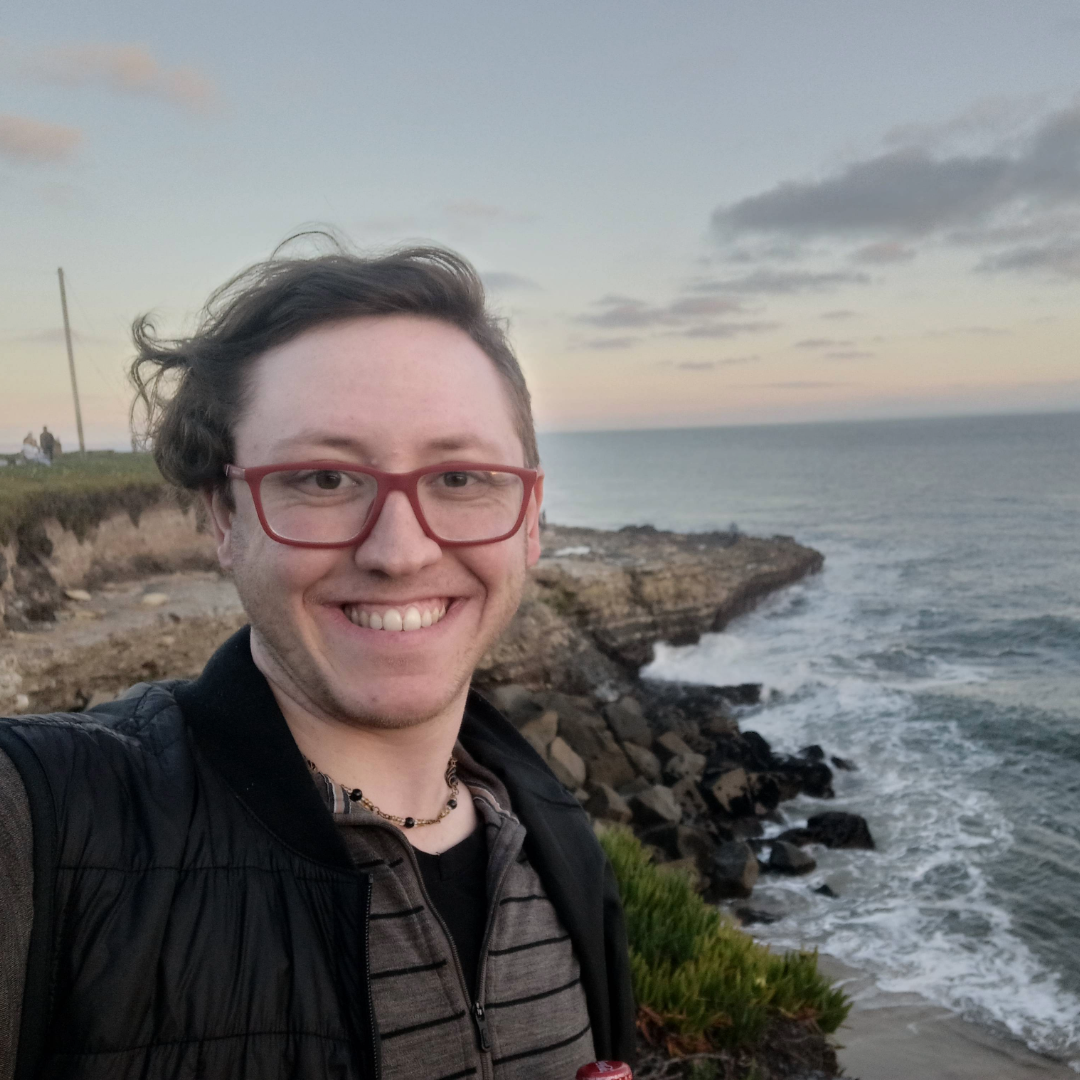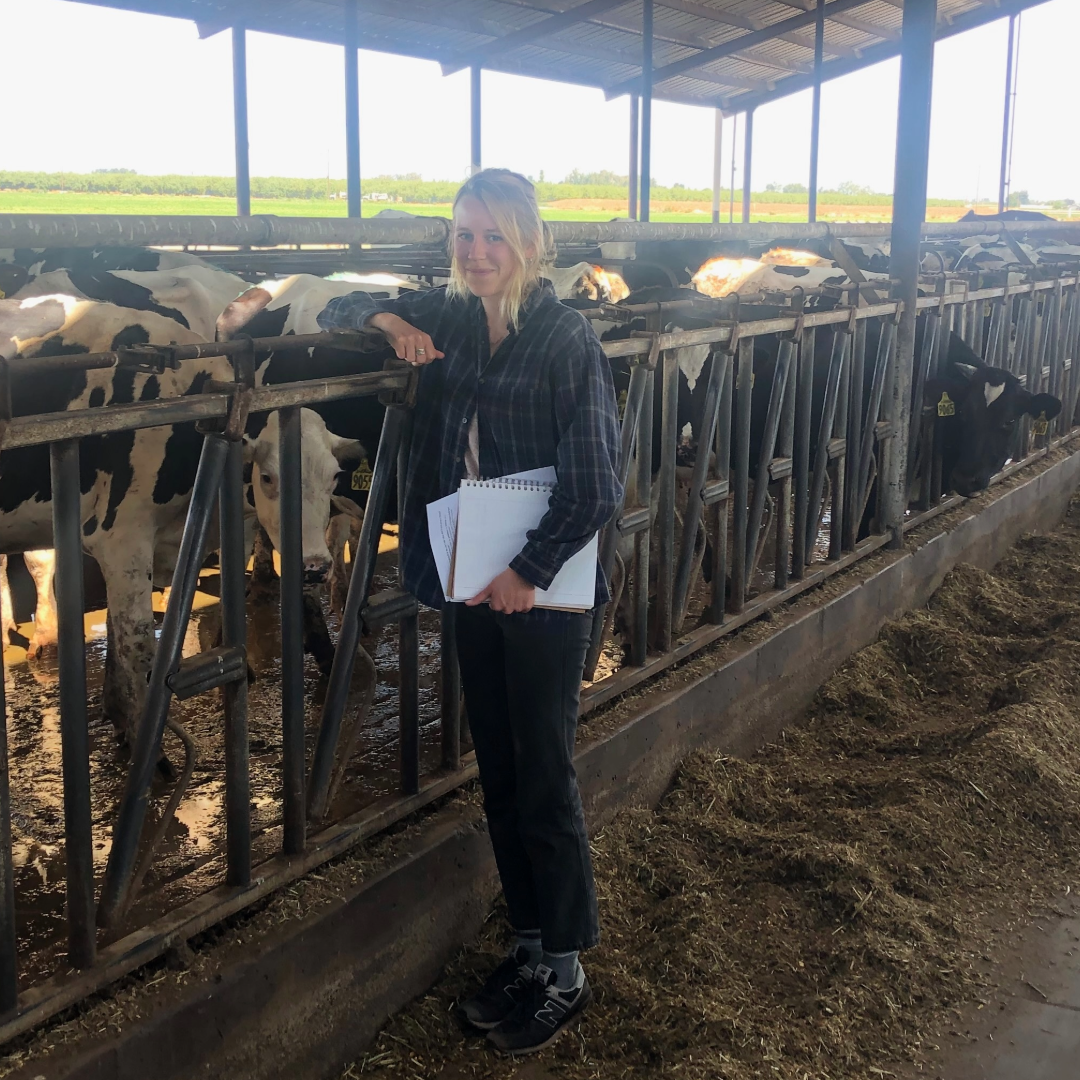What does it take to tackle today’s biggest environmental challenges? For IBES graduate affiliates, it often starts with hands-on research in the field, specialized training, and access to key resources—opportunities made possible by IBES’ Research, Training, and Travel (RTT) Awards. This funding helps graduate students deepen their research and build the professional connections that shape their careers.
"The RTT program provides needed support to IBES-affiliated graduate students," said James Kellner, IBES Director of Early Career Development and Training and Professor of Ecology, Evolution and Organismal Biology, and Environment and Society. “These awards help students acquire new skills, conduct fieldwork, and move the needle in their research programs.”
From exploring dolphin behavior to investigating environmental inequality and sustainable farming practices, recent awardees are making meaningful contributions to environmental scholarship and policy. Here’s a look at some of the projects made possible through RTT funding:
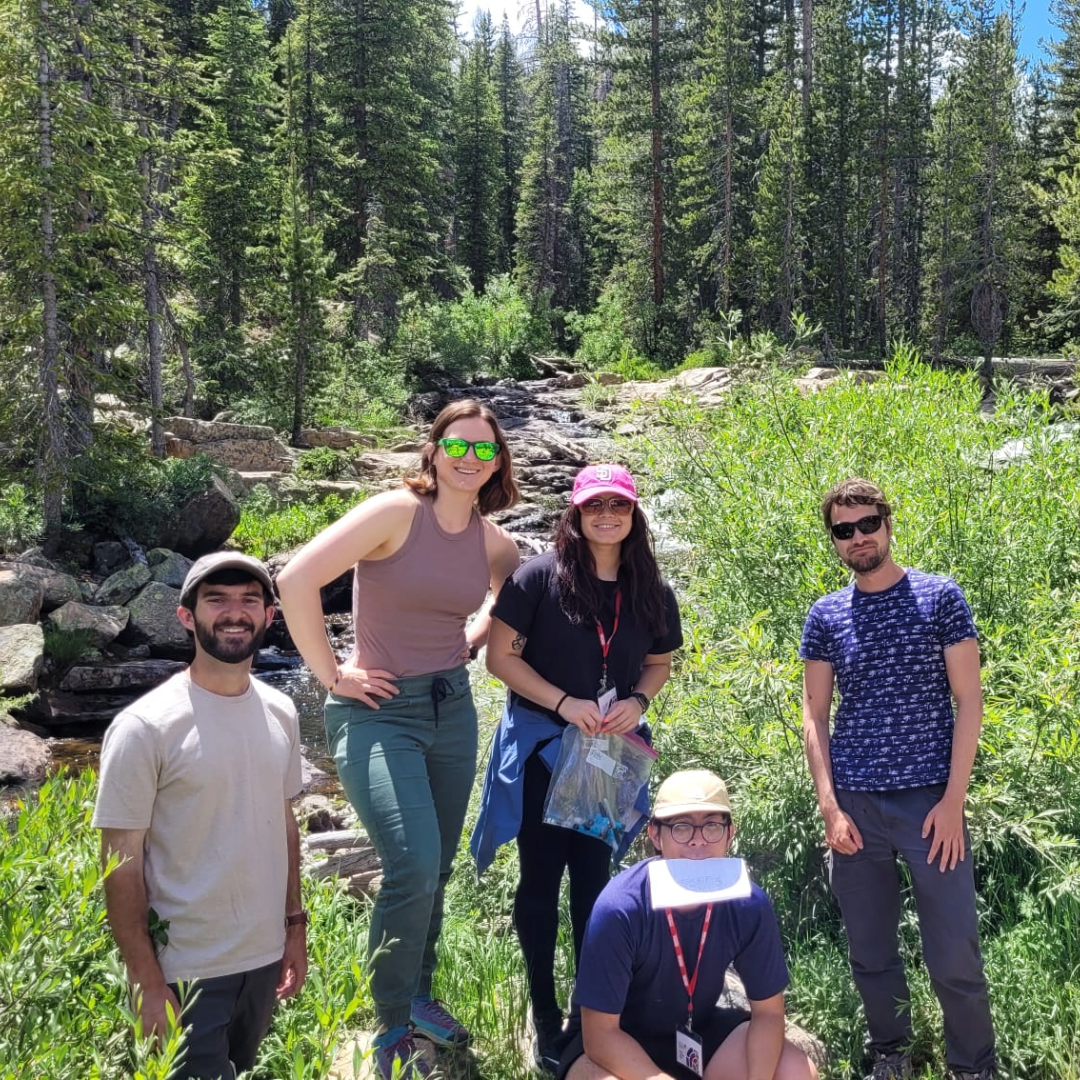
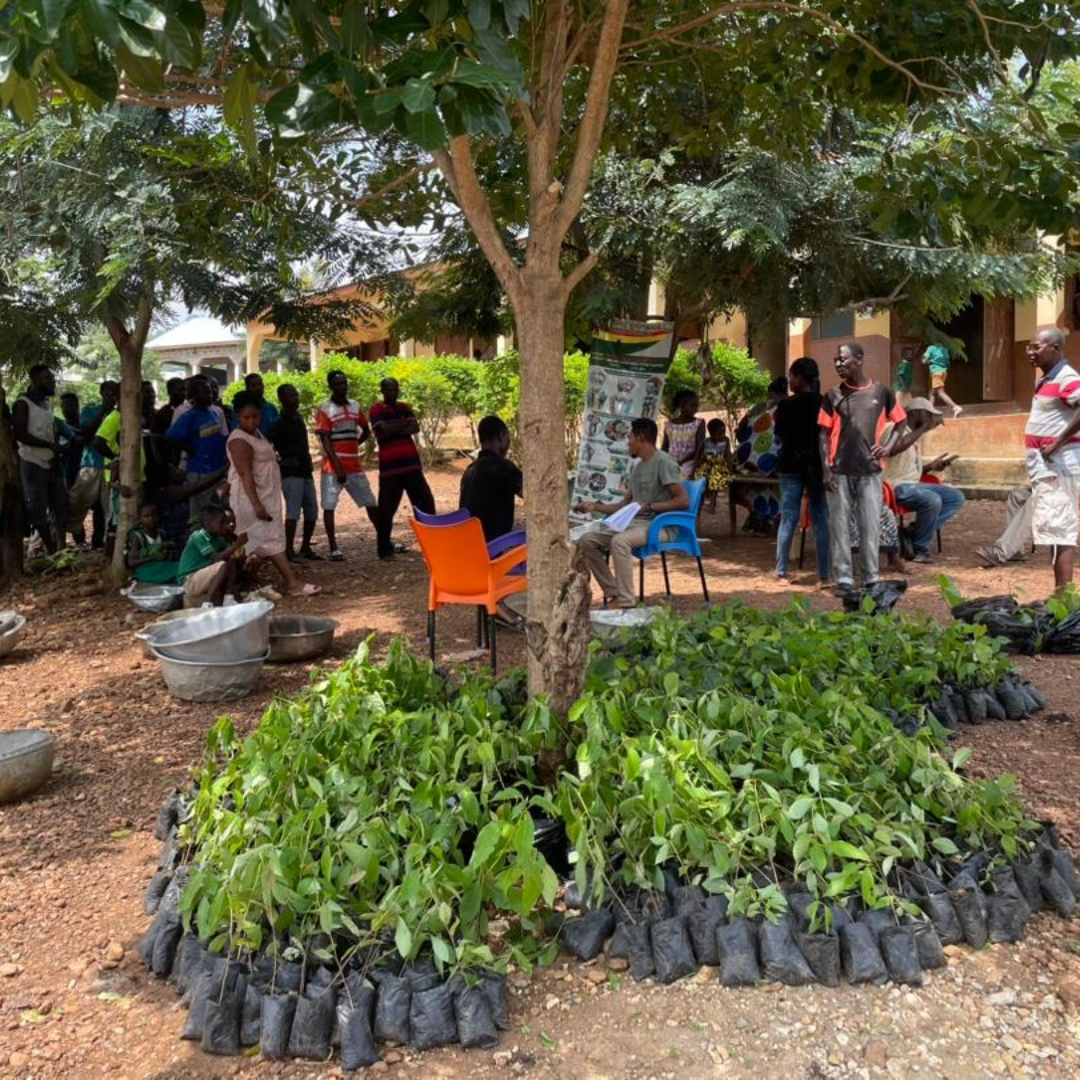
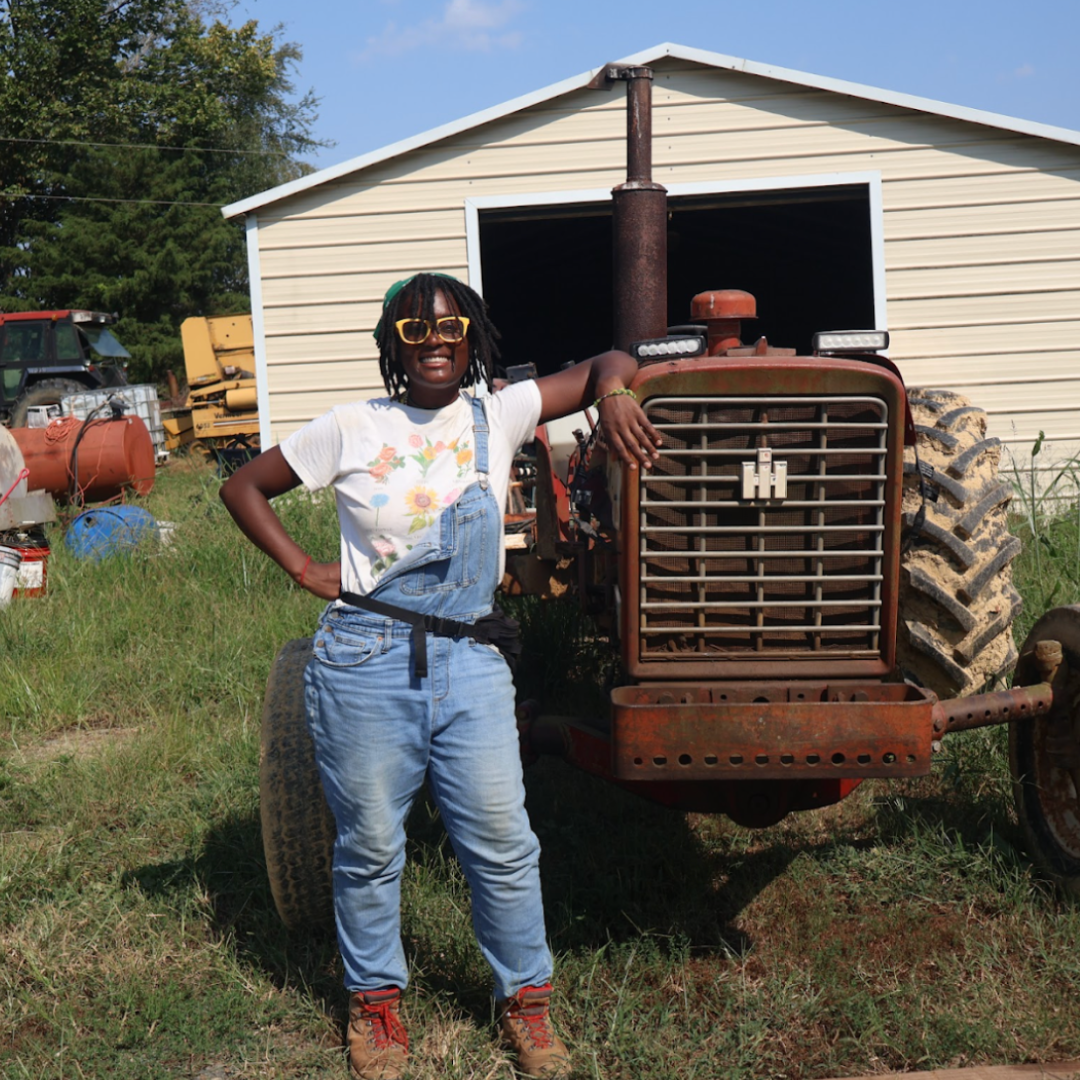
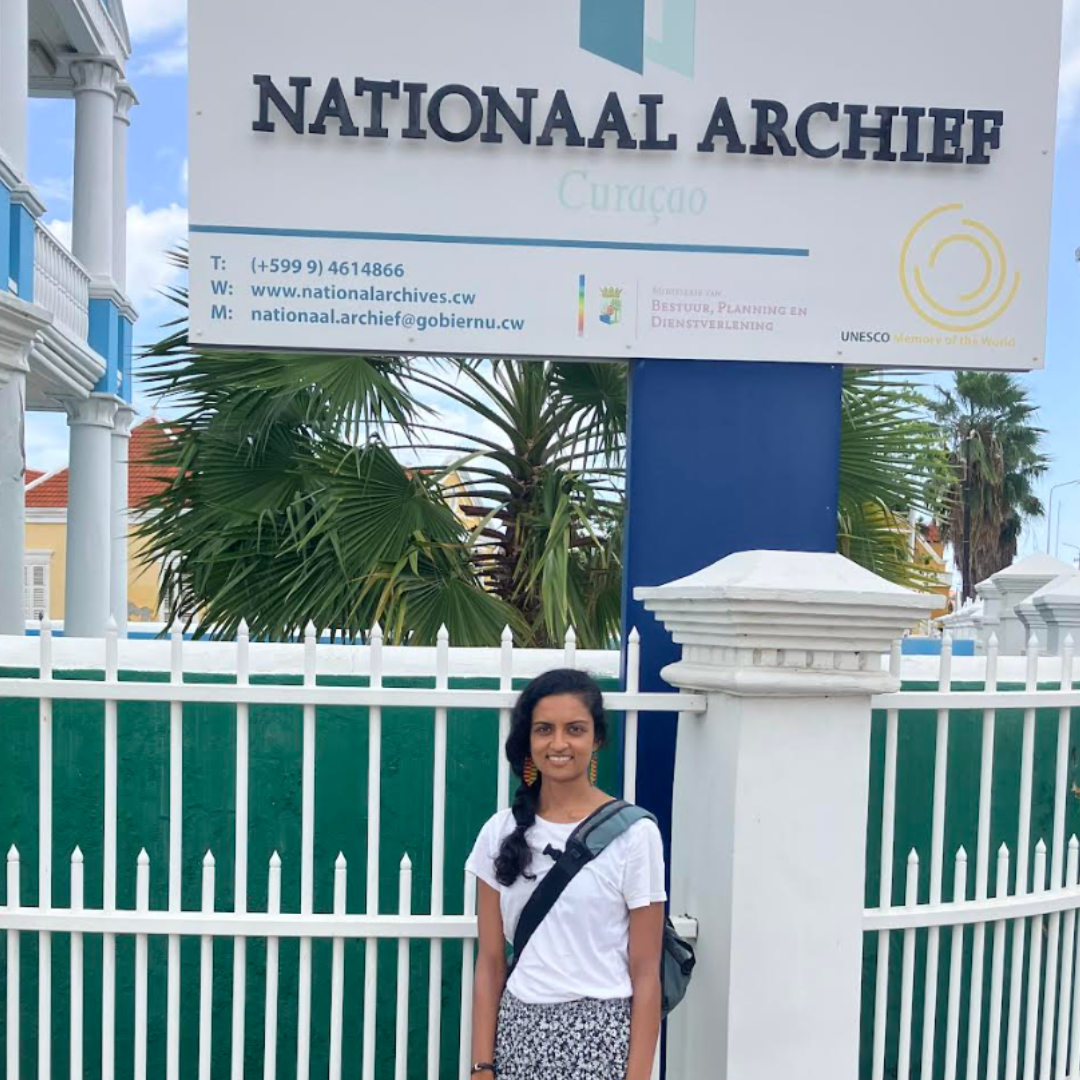 Investigating environmental inequality through colonial history
Investigating environmental inequality through colonial history